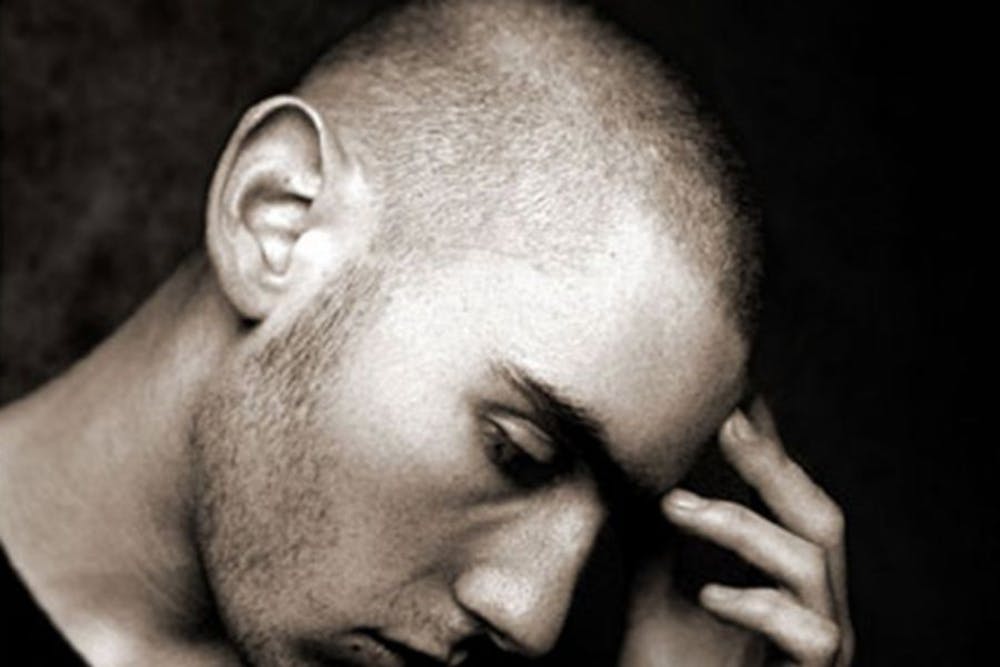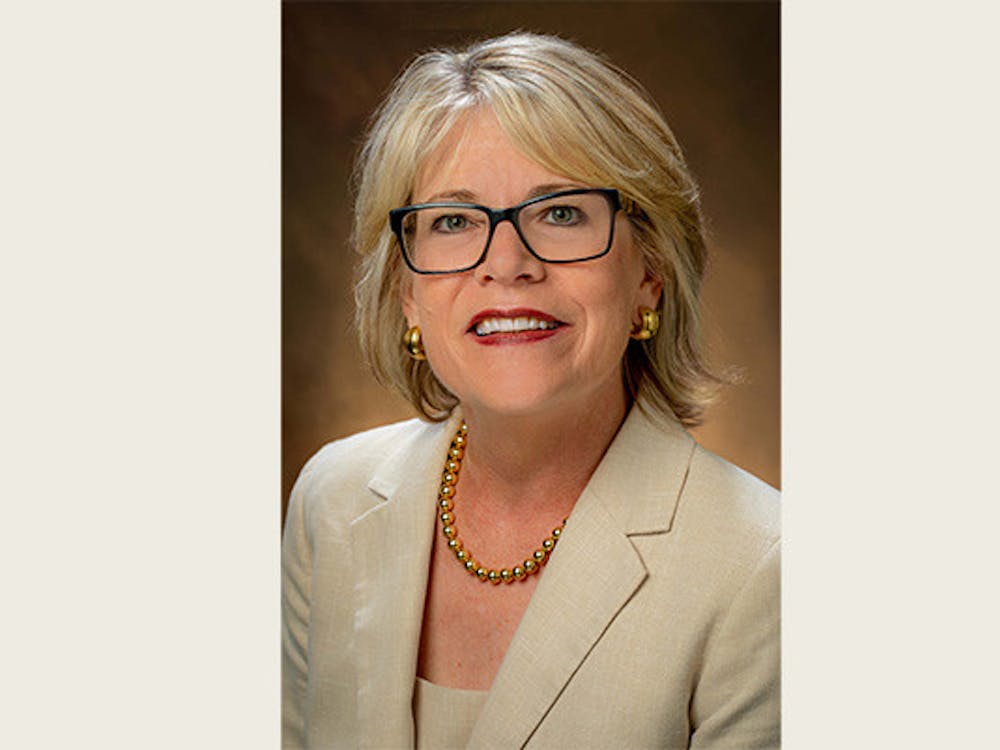By Emily O'Connor, Senior Staff Writer
Four weeks into the semester, Miami University Student Counseling Services (SCS) has received a record-breaking number of students, with 13 percent more students receiving counseling this year than last year.
That is up from 9.3 percent in 2013, and aligns with an annual increase in the national percentage of college students using counseling services for anxiety or depression, according to Director of SCS Kip Alishio.
According to the National Alliance on Mental Health, more than 1 percent of college students were diagnosed or treated for anxiety within the past year, and more than 10 percent reported being diagnosed or treated for depression. These numbers have been increasing each year for the past decade.
Since 2007, Miami has participated in a national study called The Healthy Mind Survey. Since then, students who reported they were doing well psychologically and emotionally have decreased from 62 percent to 47 percent.
The percentage of the student body who have screened positive for depression has gone from 18 percent to 20 percent in the past decade. Those who have scored positive for anxiety problems reported increasing 10 percent to 20 percent.
In tandem with the growing trends, students are on a wait list to use counseling services at Miami, Alishio said. The number of new patients to seek treatment has increased by 63 percent this year.
"There is no unified research that proves why students are feeling this way more frequently," Alishio said. "Some research supports that it is because this generation of students were raised by helicopter parenting."
Alishio described helicopter parenting as parents who have done everything for their kids, over-protected them and didn't allow them to work through frustration, loss and disappointment on their own.
"They never developed their internal rough skin," he said.
As more students begin to feel anxious and depressed, they seek help at the counseling services. Many have mixed feelings about their experience.
Sophomore Olivia Williams visited the counseling services during the spring semester.
Enjoy what you're reading?
Signup for our newsletter
"I went to the individual counseling and I didn't feel like it really helped," she said.
Williams said she would recommend students to go for depression, but not for anxiety.
"I think the only issue was that it was done by grad students not by doctors," Williams said. "I do think they have useful things, like their workshops and stuff."
The graduate students who work at the counseling services are in-training to become psychologists, Alishio said. All of the clinical services are provided by licensed therapists or by staff who are supervised by licensed therapists.
Other students feel the counseling services benefitted them, and said would go again if they ever felt the pressures of anxiety and depression.
Sophomore Hailey Barr said she recommends the services to anyone, even if they aren't sure what they are feeling or whether they should seek counseling.
"My experience was great," Barr said. "I had a counselor who helped me through a lot. I had a lot to deal with but she made it so much easier."
Barr first went to the counseling services last year in October and November and completed several visits.
"Everyone in the center was really nice and approachable," she said.
The counseling services keeps information completely confidential by state law. They also offer financial assistance to students who can prove financial need.
"We don't refuse services to any student because of inability to pay," Alishio said.
The counseling services provide many free workshops to students with their Feel Better Fast series. Workshops include Stress-Less track, Happiness track, Bouncing Back track and Biofeedback workshop.
The new workshops have been recently added to help students cope with anxiety and depression.
The first three sessions of counseling are free for students, and then each individual session is $25.




